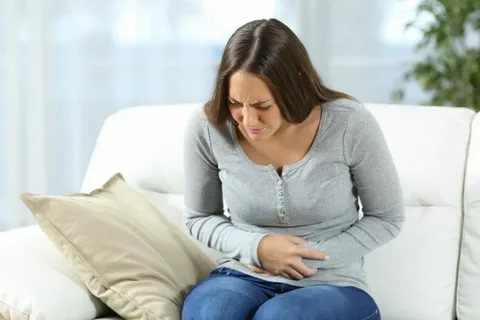-
Opening Hours
Mon - Sat: 10:00 - 19:00
Diarrhoea
Home/GIT Disorder/Diarrhoea
Treatment
Diarrhoea
Loose, watery stools that occur more frequently than usual.

Causes
- Infection by bacteria (the cause of most types of food poisoning) or other organisms or viral infection due to contaminated food and water.
- Alcohol abuse
- Allergies to certain foods
- Diseases like Diabetes, hyperthyroidism
- Diseases of the intestines (such as Crohn’s disease or ulcerative colitis)
- Laxative abuse
- Certain Medications
- Some cancers
- Surgery of the digestive system
- Malabsorption i.e., trouble absorbing certain nutrients
- Psychological causes e.g., stress, anxiety
Other factors affecting diarrhea are poverty, prematurity, reduced gastric acidity, immune deficiency, lack of personal and domestic hygiene, and incorrect feeding practices.
Diarrhea is divided into 2 categories:
1. Acute Diarrhea :
It is usually common due to feco-oral transmission of bacteria and their toxins, viruses, parasite like intestinal worms and is spread mostly by contaminated food and water.
Acute diarrhea is an attack of sudden onset which usually lasts 3 to 7 days but may last up to 10 to 14 days.
2. Chronic Diarrhea:
It may be due to diseases of colon or small bowel or malabsorption or malnutrition. It is usually neither severe nor prolonged except in immune-deficient patients such as those with severe malnutrition or AIDS.
Though diarrhea is not a fatal disease its complications can lead to severe dehydration. In several cases, death may occur due to the severity of dehydration. Dehydration is divided into 3 grades.
1. Mild Dehydration: Patient becomes thirsty, dryness of skin and restless
2. Moderate dehydration: Patients become restless, have intense thirst, cramps in legs, sunken eyes, and loss of skin elasticity
3. Severe Dehydration: This is the state of collapse sunken eye, scaphoid abdomen, subnormal temperature, unrecordable blood pressure, loss of skin elasticity, decreased urine output, or the patient may die in severe cases or non treated cases.
Self-treatment Includes:
- Drink plenty of clear liquids, including water, broths, and juices. Avoid caffeine and alcohol.
- Add semisolid and low-fiber foods gradually as your bowel movements return to normal.
- Avoid certain foods such as dairy products, fatty foods, high-fiber foods, or highly seasoned foods for a few days.
Homeopathic Medicine:
- Arsenicum Album: This remedy relieves foul-smelling, burning diarrhea from food poisoning, is associated with weakness, and is relieved by heat or hot food.
- Phosphorus: This remedy can be soothing if a person has a weak or empty feeling in the abdomen, followed by diarrhea that runs out “like an open faucet”.
- Podophyllum: This relieves watery diarrhea with cramping pain. Diarrhea occurs most often in the morning and is often caused by excessive eating of fresh fruits.
- Sulphur: Urgent, hot diarrhea that occurs in the early morning, making the person rush to the bathroom, suggests a need for this remedy. Burning is often felt in the digestive tract, and the anus can be itchy, red, and irritated.
- Argentum Nitricum: If a person has diarrhea when anticipating a stressful event (such as giving a speech or a public performance, taking a test, or attending a party). Diarrhea occurs immediately after eating or drinking, or after eating too much sugar.
- Chamomilla: Hot, green, watery diarrhea with abdominal pain and gas. The person’s face will be red and flushed (sometimes only on one side) and problems may be worse from warmth.
* Note – Above medicines are for knowledge purpose only. Take the medication only after doctor’s consultation. Do not self medicate
For appointment please call @ 020 27455480 / +91 9405 435 981
-
Opening Hours
Mon - Sat: 10:00 - 19:00